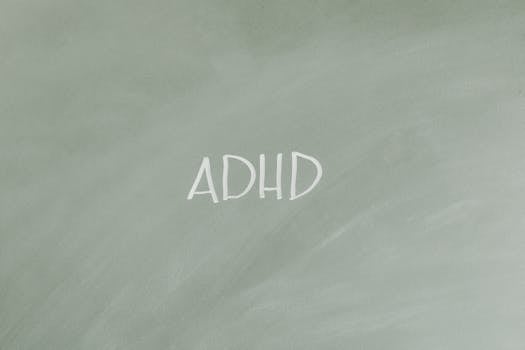
Unseen Scars: Understanding and Coping with Post-Traumatic Stress Disorder (PTSD)
Post-Traumatic Stress Disorder (PTSD) is a debilitating mental health condition that can significantly impact a person's life. Often misunderstood, PTSD affects individuals who have experienced or witnessed a terrifying event – a traumatic event that significantly threatens their safety, physical integrity, or life. This article delves into the complexities of PTSD, exploring its symptoms, causes, diagnosis, and effective treatment options. Understanding PTSD is crucial for both those affected and those supporting them.
The Invisible Wounds of Trauma: Understanding PTSD Symptoms
PTSD isn't simply "getting over it." Its symptoms can be varied and intensely disruptive, often manifesting in several ways:
- Intrusive Memories (Flashbacks): These aren't just memories; they're vivid, recurring recollections of the traumatic event, feeling as if they're happening again in the present. These can be triggered by seemingly innocuous stimuli, leading to overwhelming distress.
- Avoidance: Individuals with PTSD often actively avoid places, people, thoughts, or situations that remind them of the trauma. This avoidance can severely restrict their daily life and relationships.
- Negative Changes in Mood and Cognition: Persistent negative thoughts and feelings are common, including feelings of guilt, shame, detachment, and a distorted sense of self or the world. Difficulty concentrating, remembering details, or making decisions are also prevalent.
- Changes in Physical and Emotional Reactions: Hypervigilance (being constantly on alert), irritability, easily startled responses, difficulty sleeping, and nightmares are common physical and emotional manifestations of PTSD.
- The Nature of the Trauma: The severity, duration, and proximity to the traumatic event significantly influence the likelihood of developing PTSD. Experiences like combat, natural disasters, serious accidents, sexual assault, or witnessing violence are strong risk factors.
- Pre-existing vulnerabilities: Individuals with pre-existing mental health conditions or a history of trauma may be more susceptible to developing PTSD. Genetic predisposition also plays a role.
- Lack of Social Support: A strong support system can be crucial in mitigating the impact of trauma. Conversely, lack of support can exacerbate PTSD symptoms.
- Coping Mechanisms: Effective coping strategies in the aftermath of a traumatic event can significantly reduce the risk of developing PTSD. Conversely, ineffective or absent coping mechanisms can increase vulnerability.
- Psychotherapy: This is often the cornerstone of PTSD treatment. Several evidence-based therapies have proven highly effective, including:
- Trauma-focused Cognitive Behavioral Therapy (CBT): This helps individuals identify and challenge negative thought patterns and develop healthier coping mechanisms.
- Prolonged Exposure Therapy (PE): This gradually exposes individuals to trauma-related memories, feelings, and situations in a safe and controlled environment.
- Eye Movement Desensitization and Reprocessing (EMDR): This therapy utilizes bilateral stimulation (e.g., eye movements) to help process traumatic memories.
- Medication: While medication alone doesn't cure PTSD, certain medications can help manage symptoms like anxiety, depression, and sleep disturbances. These may include antidepressants, anti-anxiety medications, or sleep aids.
- Support Groups: Connecting with others who understand the challenges of PTSD can provide valuable emotional support and a sense of community.
- Self-Care: Prioritizing physical and mental well-being through healthy lifestyle choices – regular exercise, nutritious diet, sufficient sleep – is vital.
- Building a Support System: Leaning on family, friends, and support groups can provide crucial emotional support.
- Mindfulness and Relaxation Techniques: Practices like meditation, yoga, and deep breathing can help manage stress and anxiety.
- Seeking Professional Help: Don't hesitate to seek professional help if you're struggling. Early intervention can significantly improve outcomes.
What Causes PTSD? The Roots of Trauma
While anyone can develop PTSD, certain factors can increase the risk. These include:
Diagnosis and Treatment: Finding a Path to Recovery
Diagnosing PTSD requires a comprehensive evaluation by a mental health professional, often involving interviews, psychological assessments, and a thorough review of the individual's history. There's no single "test" for PTSD.
Effective treatment strategies typically involve a combination of approaches:
Beyond Treatment: Building Resilience and Support
Recovery from PTSD is a journey, not a destination. It takes time, patience, and commitment. Beyond professional help, several factors contribute to successful recovery:

